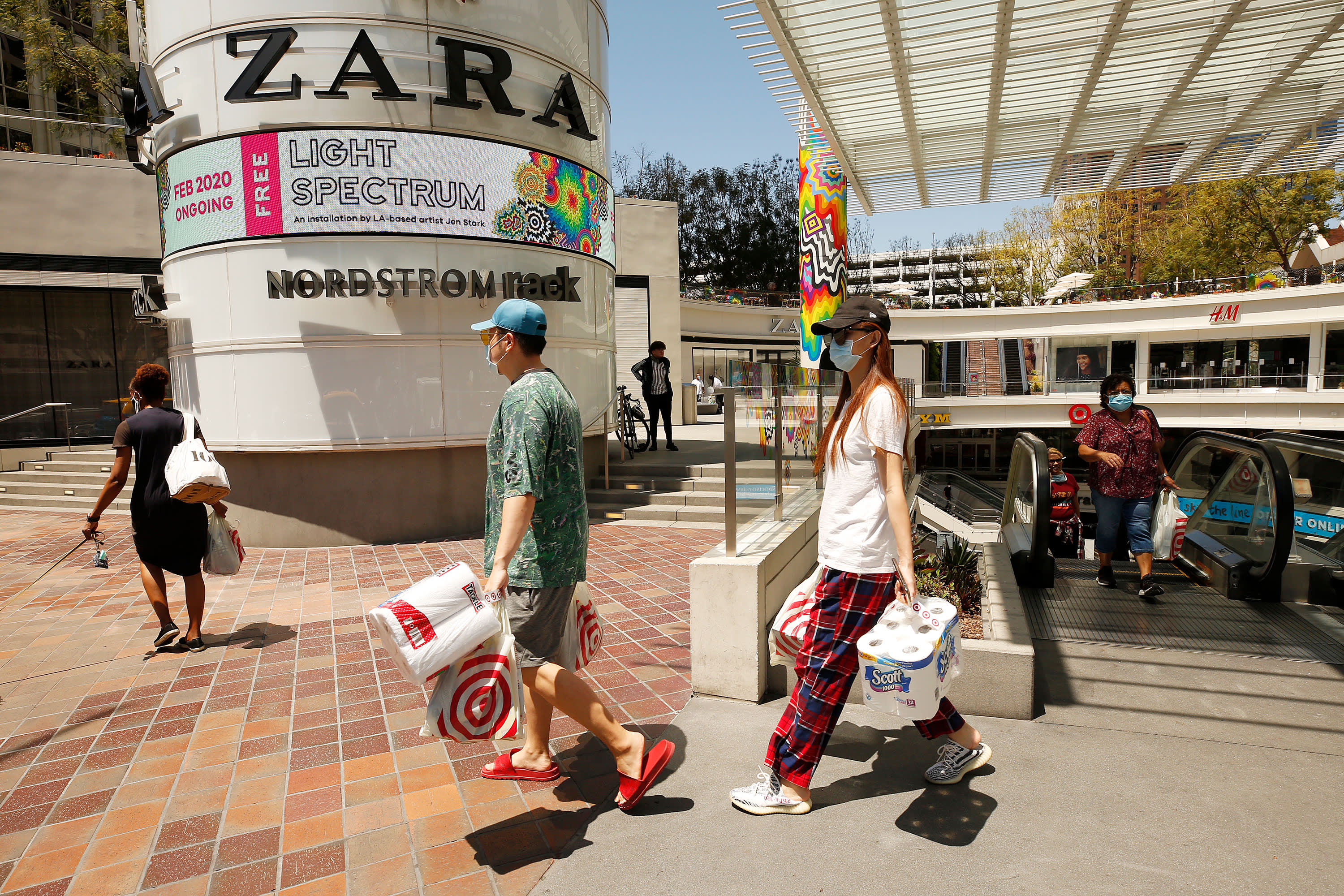It’s hard to imagine being paid to borrow money or penalized for saving. But the economic shock from Covid-19 may call for drastic measures.
Up until this point, the Federal Reserve has never brought its benchmark rate into negative territory and, according to Federal Reserve Chairman Jerome Powell, the Fed is not considering going to negative interest rates now.
“The committee’s view on negative rates really has not changed,” Powell said Wednesday. “This is not something that we’re looking at.”
Yet, “on some level, negative interest rates are inevitable in the U.S.,” said Greg McBride, chief financial analyst at Bankrate.com. “It’s just a matter of when.”
More from Personal Finance:
Card issuers are cutting credit limits without warning
How to cope with the coronavirus-related money stressors
These are the best and worst ways to borrow money
President Donald Trump was advocating for negative interest rates well before the coronavirus pandemic brought the economy to a standstill, arguing that erasing borrowing costs would spur economic growth.
“Negative interest rates sound like fun but it’s nothing to wish for,” McBride said.
“It hasn’t even proven to be effective,” he added. “Parts of Europe have had negative interest rates for seven years and it hasn’t done anything — their economies were reeling then, they’re reeling now.”
And even if the federal funds rate, which is what banks charge one another for short-term borrowing, fell below zero, that is not the rate that consumers pay.
The prime rate, which is the rate that banks extend to their most creditworthy customers, is typically 3 percentage points higher than the federal funds rate.
For everyday Americans, negative interest rates would likely result in even lower mortgage rates and credit card rates, but “nobody is going to pay you to take out a loan,” McBride said. “Sorry.”
In fact, with so many people under severe financial strain, its getting harder and harder to borrow at all.
Despite already rock-bottom interest rates, banks are tightening lending standards across the board, shrinking the availability of credit.
It’s more likely that savers will lose any benefit to stashing cash, said Meenaz Sunderji, an executive vice president at banking software firm Zafin.
“Banks will charge you to hold your money for safekeeping,” he said.
In order to boost the economy, the idea is to force people to spend more, he explained.
